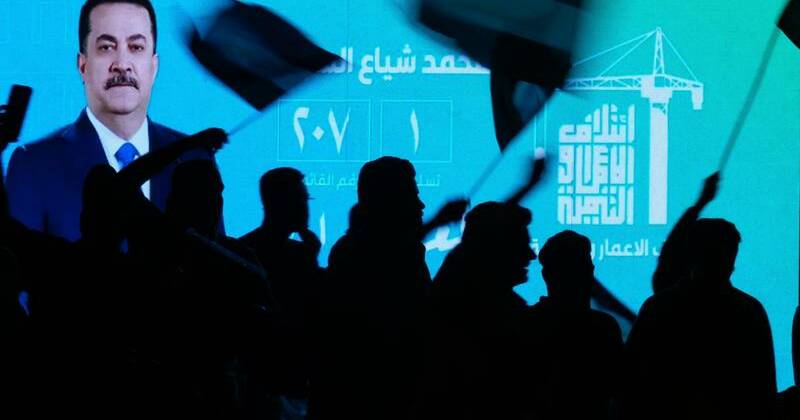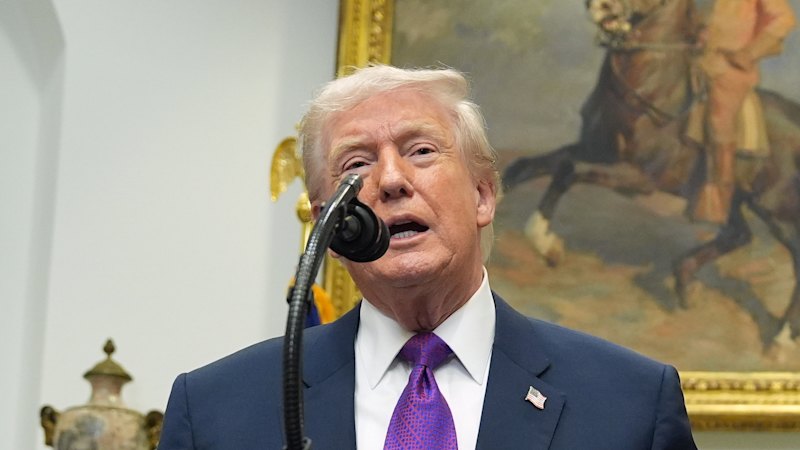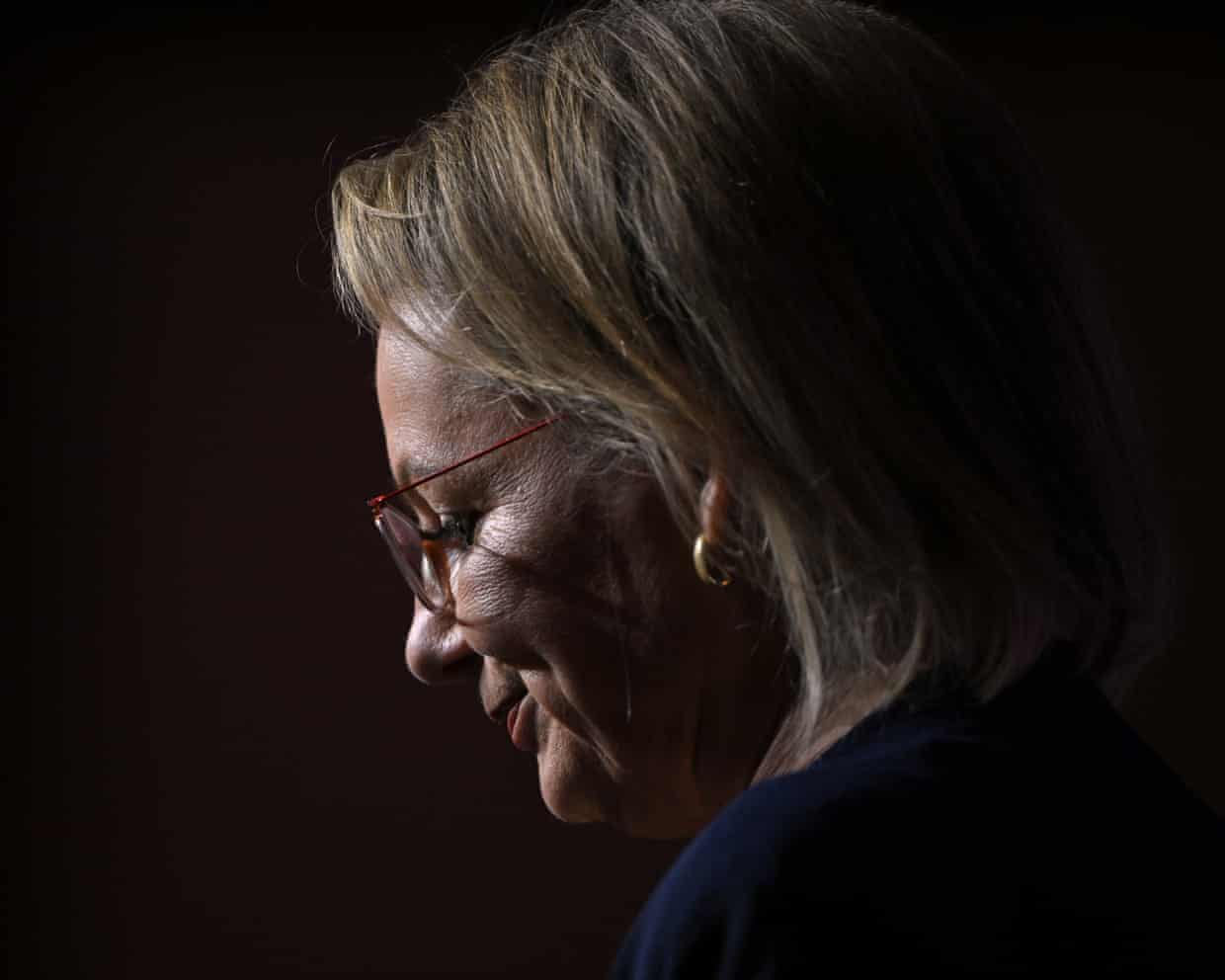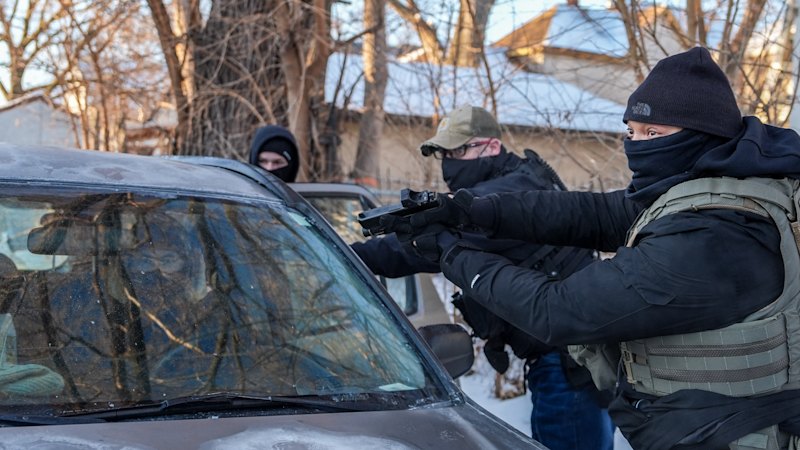
Iraq’s recent parliamentary elections have concluded, revealing a fragmented political landscape that will necessitate coalition-building among various blocs to establish a government. Preliminary results announced on Wednesday indicate that the Reconstruction and Change coalition, led by Prime Minister Mohammed Shia al-Sudani, secured the highest number of seats, winning in eight out of 18 provinces, including major regions such as Baghdad and Karbala.
Despite the apparent success of al-Sudani’s coalition, no single bloc has emerged with a sufficient majority to govern independently. This scenario mirrors previous elections in Iraq, where the bloc with the most seats has often struggled to form a government. Notably, the last parliamentary election in 2021 saw the Sadrist Movement, led by influential cleric Muqtada al-Sadr, achieve a significant victory but ultimately withdraw due to failed negotiations with rival parties. Sadr’s ongoing boycott of the political system has had a noticeable impact on voter turnout this year.
The turnout for this election reached 56 percent of registered voters, including participation from military personnel and internally displaced persons who voted earlier. In regions with substantial support for Sadr, such as Baghdad and Najaf, the turnout was notably lower. Election officials have documented a consistent pattern where Shia forces performed well in Shia-majority provinces, Sunni forces prevailed in Sunni regions, and Kurdish forces dominated in Kurdish-majority areas.
Surprisingly, the Kurdistan Democratic Party (KDP) emerged as the frontrunner in Nineveh, a predominantly Sunni Arab province, marking a significant shift in the political landscape. Conversely, in Diyala province, no Kurdish candidates secured seats for the first time since 2005. The distribution of seats highlights Baghdad, Nineveh, and Basra as the provinces with the highest representation: 71 seats in Baghdad, 34 seats in Nineveh, and 25 seats in Basra.
In Baghdad, al-Sudani’s coalition maintained its dominance, while the KDP triumphed in Nineveh. In Basra, the Tasmeem list, led by Basra Governor Asaad al-Eidani, claimed the most seats. In Kirkuk, a region that experienced violence prior to the elections, the Patriotic Union of Kurdistan (PUK) secured the top position, followed by the Taqaddum party of former Parliament Speaker Mohammed al-Halbousi.
Following the announcement of the preliminary results, supporters of al-Sudani celebrated in Baghdad, reflecting the coalition’s ongoing influence since he assumed power in 2022. Al-Sudani has positioned himself as a pragmatic leader, aiming to balance Iraq’s relationships with both Tehran and Washington while focusing on improving public services.
As the political landscape unfolds, the need for collaboration among various factions will be crucial to forming a stable government. The path ahead is likely to involve negotiations and compromises among the strongest blocs, as Iraq navigates its complex political dynamics.






